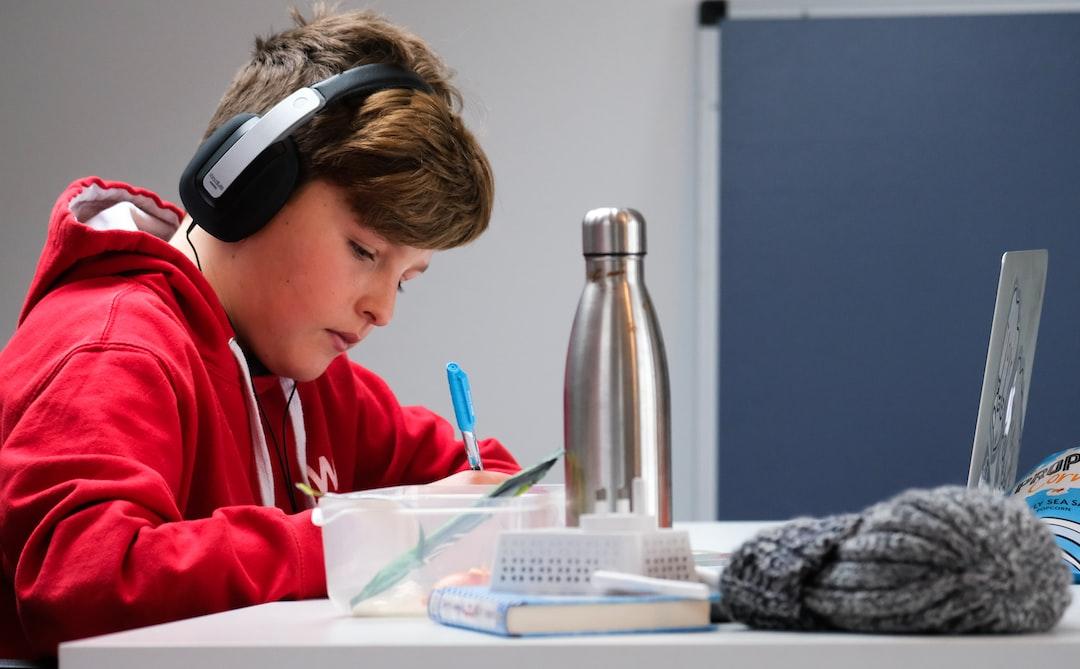
When children have the entire world at their fingertips in the form of smartphones and are used to the fast-paced and rapidly changing landscape of video games, it's no surprise they can have trouble focusing on a dry lecture in school or a long list of homework assignments in the face of constant distraction. However, the distractible nature of our tech-obsessed society is not likely to improve anytime soon, so learning to concentrate is an invaluable skill for future success.
What Affects Our Ability To Concentrate?
Your child’s attention span and ability to concentrate will naturally vary from day to day — and possibly even from moment to moment. If your child is looking forward to playing with a friend, they’ll naturally have difficulty concentrating on math homework. If they’re doing a fun science experiment in class, it’s more likely to hold their attention. There are innumerable factors can affect your child’s ability to concentrate, including:
- Fatigue or lack of sleep
- Stress or anxiety
- Poor nutrition or dehydration
- Certain medical conditions, such as ADHD, anxiety, or depression
- Background noises
- A cluttered environment
- Boredom or lack of interest in the task at hand
6 Concentration Techniques Every Parent Can Teach Their Child
No matter what distractions your child is facing, several effective techniques will show your child how to improve concentration. Regularly incorporating these strategies into their day will pay off in the long run. Your child will learn to focus on what's important and accomplish their goals — a skill every child needs to succeed in school and life.
1. Write Down What Tasks Need To Be Accomplished
Writing down tasks that need to be accomplished can help your child stay focused on the task at hand by providing a clear sense of direction. It can also help your child prioritize their tasks by distinguishing the most important tasks from the less important ones. This can lead to better time management and reduce procrastination. Additionally, when they check off completed tasks, it can provide a sense of accomplishment, which can boost their self-esteem and motivation to continue working.
Here are some ways you can teach your child to write down and prioritize their daily activities:
- Encourage your child to create a to-do list for the day or week, including both academic and non-academic tasks.
- Teach them to prioritize their tasks by identifying the most important and time-sensitive tasks first.
- Encourage them to check off completed tasks, which can provide a sense of accomplishment and motivation.
2. Take Intentional Breaks
Taking intentional breaks can help your child recharge and refocus their attention. Research has shown that taking short breaks every hour or so can improve overall productivity, as well as reduce feelings of burnout and fatigue. Breaks can also provide an opportunity to stretch, move around, or do something enjoyable to refresh your mind and boost creativity. Schedule breaks in advance so your child knows when they can take a break and won't feel guilty about taking time away from their studies.
Here are some ways you can encourage your child to take intentional breaks as a way to improve concentration:
- Encourage your child to take short breaks after a specific period of time to recharge and refocus their attention.
- Encourage them to use their breaks to do something physical and fun, such as going for a short walk or shooting a few hoops.
- Schedule breaks in advance and include them in their study plan.
3. Eliminate Distractions in the Study Environment
Eliminating distractions in the study environment, such as turning off phones or finding a quiet space, can help your child bring their undivided attention to a task. Having a designated study space can also help a child to mentally prepare for studying by creating a clear boundary between work and leisure. Minimizing visual distractions, such as posters or clutter, can help to reduce distractions and improve focus. It's important to note that different children may have different preferences regarding their study environment, so take these preferences into account.
Here are some strategies for creating a calm study environment:
- Help your child to find a quiet and designated study space where they can mentally prepare for studying.
- Clear out the clutter and organize everything they need to do their homework.
- Encourage them to turn off their phone and other electronic devices during study time — preferably put them in another location.
4. Avoid Multitasking
Avoiding multitasking can help your child concentrate on one task at a time. Multitasking can lead to decreased productivity, as the brain needs time to switch between different tasks. By focusing on a single task at a time, your child can learn how to stay focused. Multitasking also increases stress and anxiety, which can reduce your child's ability to concentrate.
Avoid multitasking by:
- Teaching your child that multitasking reduces productivity.
- Encourage them to break down larger tasks into smaller, manageable chunks.
- Teach them to set specific goals for each task and to stay focused until the task is completed.
- Set a Pomodoro timer to increase focused work.
5. Consider Listening to Instrumental Music While Studying
Listening to instrumental music while studying can help to create a calming environment and a positive impact on mental concentration. Background music can also help to mask external noise, making it easier to focus on the task at hand. Music can also create a positive mood for some kids. However, different types of music can have different effects. Playing soft instrumental music with no lyrics is a better option than rocking out to the hottest new band.
Here are some tips for choosing music to boost concentration:
- Encourage your child to listen to instrumental music with no lyrics, as it's less likely to distract them.
- Take their personal preferences for background music into account.
- Keep the volume at the background level, so it doesn't compete for their attention.
- If music is too distracting or your child doesn't care for it, try playing white noise or nature sounds instead.
6. Allow Time for Physical Activity
Physical activity can help to improve attention and focus by increasing blood flow and oxygen to the brain. It also releases endorphins, which can improve mental health and reduce stress. This can make it easier for your child to focus and retain information. Your child can do stretching exercises during a study break, dovetailing nicely with other concentration strategies. Encourage your child to find physical activities that they enjoy since this will make it more likely that they will stick to a regular exercise routine.
Here are some strategies for incorporating more physical activity into your child's life:
- Go for family walks after dinner instead of watching TV or playing video games.
- Teach your child to use physical activity as a break to recharge and refocus their attention.
- Get your child an activity tracker so they can track how much moderate-to-vigorous physical activity they get daily (the CDC recommends 60 minutes daily).
Improve Your Concentration With a Tutor
Learning how to increase focus and concentration is a high-value life skill your child can develop. At Alexander Tutoring, we can help your child improve their concentration by providing focused guidance during math study sessions. They'll learn at their own pace and have fun in the process. Reach out today to find out how we can provide personalized help so your child can achieve their full potential.




